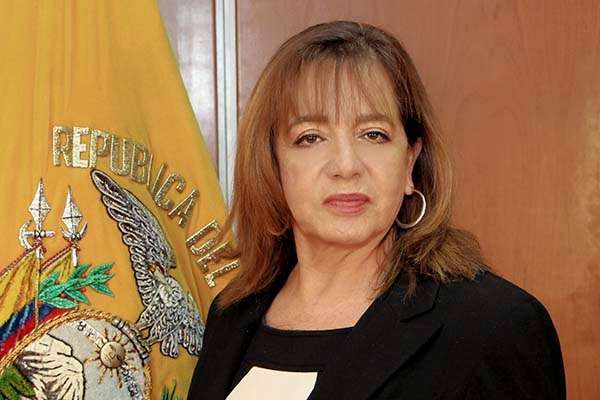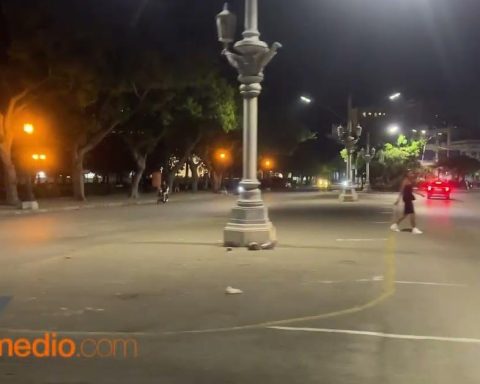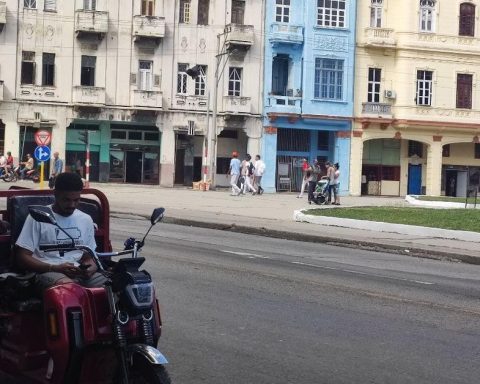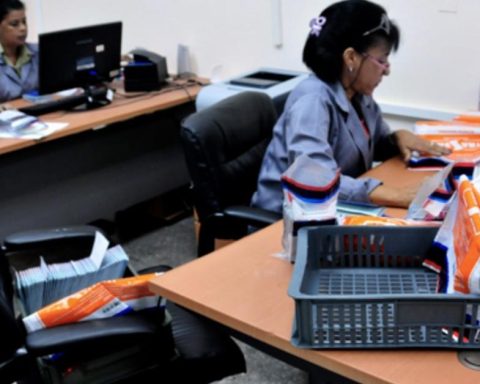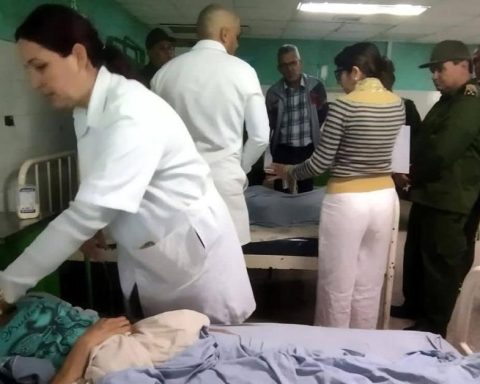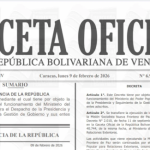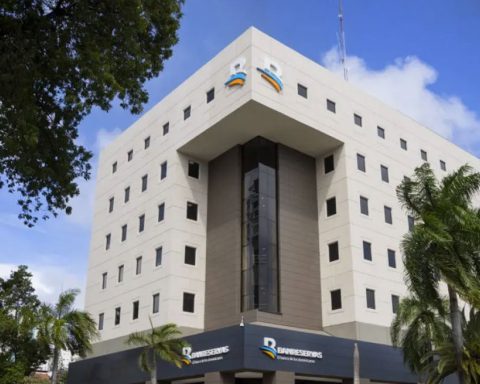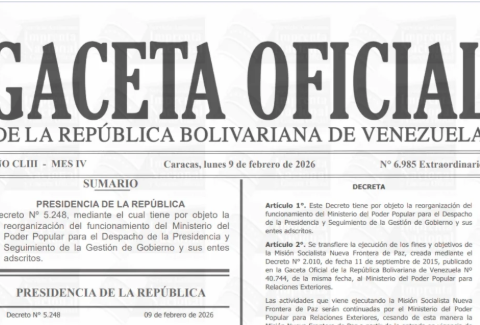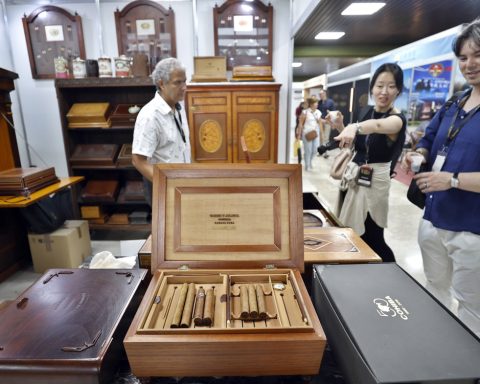The head of that instance is responsible for bringing proceedings against mayors, councilors, prefects, notaries and first-level judges, among others.
The race to occupy the presidency of the Provincial Court of Pichincha focuses on three judges: Gustavo Osejo, Óscar Chamorro and Dilza Muño. The elections will be held tomorrow (January 14, 2022) from 08:10 to 16:00.
The vote will be held in writing and secretly throughout the day. The winner must obtain the majority of votes from a total of 46 provincial judges. Whoever wins, will direct the representation of Pichincha for two years.
Why is it important to get to the Presidency?
Whoever runs it will know the trials of governors, prefects, mayors, Police mayors, first-level judges, the head of the Joint Command of the Armed Forces, and the commanders of the Army, Air Force, Navy and Police. This is regulated in Article 208 of the Code of the Judicial Function.
The President can call and suspend hearings, order proceedings and above all resolve the cases in which these authorities are involved.
Any of the three will replace the Judge Wladimir Jhaya, who was inaugurated as president on January 10, 2020. He was at the forefront at the beginning of the trial for embezzlement by the acquisition of Covid-19 evidence that involves the former mayor of Quito, Jorge Yunda, and that now it will pass to the new president. The same occurs with the criminal process for alleged rebellion against the prefect of Pichincha, Paola Pabón.
Dilza muñoz moreno
He entered the judicial function in 2002. He worked in the Public Prosecutor’s Office for 11 years and worked in the units against organized intelligence, customs crimes, kidnapping. Since 2013 it has formed the criminal chamber of the Provincial Court. She is a lawyer from the Catholic University of Ecuador, Master’s degree in criminal law from the Central University and master’s degree in procedural law, with a mention in criminal matters from the Indoamérica University.
She served, on request, as a judge of the National Court of Justice between 2019 and 2020.
She pointed out, in an interview with Teleamazonas, that she will seek “the Court’s productivity range to be excellent.” to improve results for users. He also highlighted the need for a woman to lead the provincial justice body.
Controversial cases
He ratified the sentence against the defendants in the Bribery case 2012-2016; the same happened with Pablo Romero, former director of the Intelligence Secretariat (Snai), for the ‘kidnapping’ of Fernando Balda and ratified the conviction of former Vice President María Alejandra Vicuña in the Tithes case
However, those sentenced in the 30-S case hold her responsible for being part of the judges who ruled against him. Luis Guanotasig, who was declared innocent by the National Court last December, pointed to Muñoz for his actions. “You did not accept our request (for invalidity). For that reason we were sentenced to 12 years ”. The magistrate replied that the prosecutor charged the crime of assassination and that she found no procedural defects in the first instance. “That does not mean sentence. We say there is no procedural violation and proceed to the next stage. We do not sentence. We act in law ”, he said.
Oscar Chamorro González
He entered the judicial function from August 2012. He is a judge of the Labor Chamber of the Court. He obtained a law degree from the Catholic University and according to a resume that he shared with this writing is Graduated from the Professional Master’s Degree in Procedural Law at the Universidad Andina Simón Bolívar.
critics
He worked as the National Legal Director of the Council of the Transitory Judiciary, between September 2011 and April 2012, when it was chaired by Paulo Rodríguez. This body has been identified by various organizations as the mechanism that allowed Correismo to have control over judges and prosecutors to obtain sentences in their favor.
Judge I know he unchecked these accusations and indicated that his sentences “speak of permanent independence in his functions.” For example, indicates that he accepted the habeas corpus action in the case known as the 10 of Luluncoto, in which young people were accused of terrorism by the government of former President Rafael Correa.
Among its proposals is monitor the independence of the judiciary in cases of complaints and disciplinary proceedings from colleagues.

Gustavo Osejo Cabezas
He is a judge of the Family, Woman, Childhood and Adolescent Offenders Chamber of the Court. He graduated as a lawyer from the Central University of Ecuador and obtained a master’s degree in Education from the Universidad Tecnológica América. He practiced privately until 2010 and has served as a judge of first instance in transit and tenancy and has practiced university teaching.
“I want to know that there are good rulings, judges of the provincial court who will become benchmarks”, He indicated.
He was part of the court that denied habeas corpus to the prefect Paola Pabón on the rebellion process. It indicates that justice cannot be politicized.
Regarding his alleged lack of experience in matters considered controversial, he replied that, as a judge of the family and adolescent offenders, he knows the Comprehensive Penal Code and has to resolve based on the regulations, “With the difference that socio-educational measures are dictated in adolescent offenders.”
